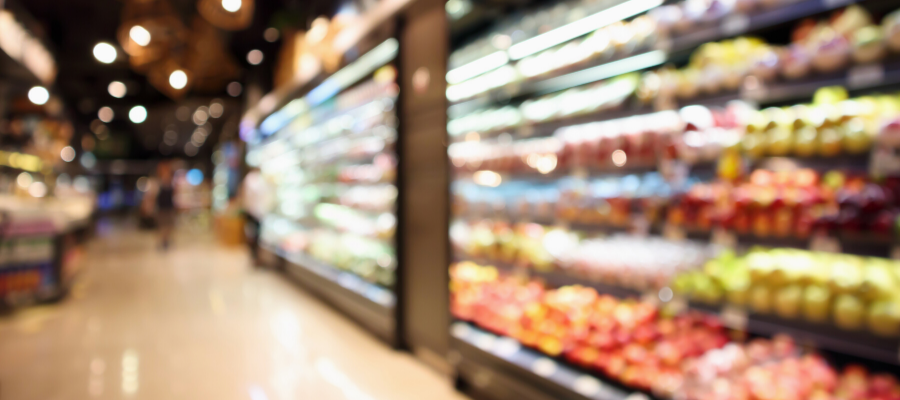Animal Rights
May 11, 2004We shouldn't be mean to animals. Is that because animals have rights, like people do? Or is it just because people care about animals?

Veganism, freeganism, organic, sustainability, simplicity, biofuel, animal rights, worker's rights, nutrition, preventing hunger, reducing waste and protecting the environment. What obligations do we have when it comes to buying, eating and producing food? How should we balance moral and practical concerns? John and Ken chew on these questions with Michael Pollan from the UC Berkeley School of Journalism, author of The Omnivore's Dilemma and In Defense of Food.
Is food consumption merely a means to an end, or is the pleasure of eating an end in itself? How do you determine what you eat, and why does it even matter? John and Ken have a lot to say on the subject, and expert Michael Pollan joins in. Pollan explains how a feedlot on I-5 and a mechanized potato farm changed his thoughts on food. Most of us are aware that there are many hungry people in the world, but Pollan explains that the problem is not a lack of food—there is enough food produced everyday for each human being to receive 3,000 calories. Rather the problem lies in distribution and availability. Pollan also explains why cheap food is not as cheap as it appears, and predicts that the era of inexpensive food was an anomaly that will soon come to an end.
John raises a concern: can you be ethical about your food and not lose the pleasure of eating? Pollan assures him that thinking about food does not negate the pleasure of eating—on the contrary, such thinking increases it. Callers raise concerns of their own, wondering whether the world could be fed under a sustainable system, whether the Chinese have the right mind set about food, and whether everybody should be required to kill a cow. Pollan makes a suggestion to everyone with a front lawn, and John has a few things to say about the idea of a giant chicken breast in Kansas.
Ken wraps up the discussion with the question of whether we’re really wise enough to improve upon nature. Pollan argues that yes, we can improve upon nature, but a little epistemic humility is in order. Find out what public health officials got wrong, how your mindset can affect the calories you derive from your food, and why our knowledge of nutrition today can be compared to our knowledge of surgery in 1650.